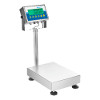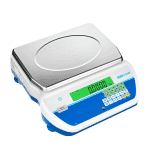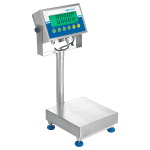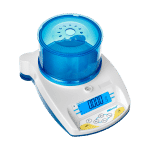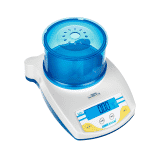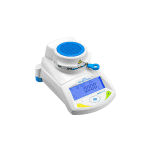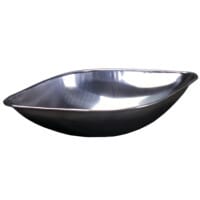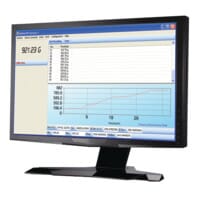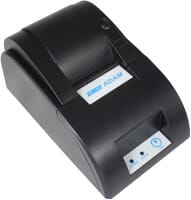
Not all research is done in a laboratory – much is performed on-the-go. This brings unique challenges when it comes to ensuring reliable and accurate weighing results. Let’s dive deep into best practices for setting up a mobile weighing station for field research.
Key Considerations for a Mobile Weighing Station
Before you even reach your mobile weighing station, you need to know that you have the right tools for the job. Taking these four qualities into account when purchasing a scale or balance will make your field research much smoother.
Portability
Out in the field, you need to be able to weigh where you need to weigh, even if that place doesn’t have a reliable source of electricity. Scales and balances with rechargeable batteries are a significant advantage in these circumstances. Adam Equipment offers compact, bench, floor and platform scales that operate with rechargeable batteries. Some, like the , can last as long as 210 hours between charges.
Of course, portability doesn’t only involve batteries but size, as well. Compact and bench scales are the most easily transportable options simply because they’re smaller than floor and platform scales, thus it’s easier to carry them from location to location. For those who need to pack light, compact and bench scales are the top choice.
Durability
Research can be unpredictable, which means it’s best to be prepared for any possibility by purchasing a scale with an enhanced level of durability. After all, it could be knocked over, dropped on the ground or even hit with other items. Adam’s and boast ShockProtect™ technology, lending them a strong defense against damage. This video demonstrates!
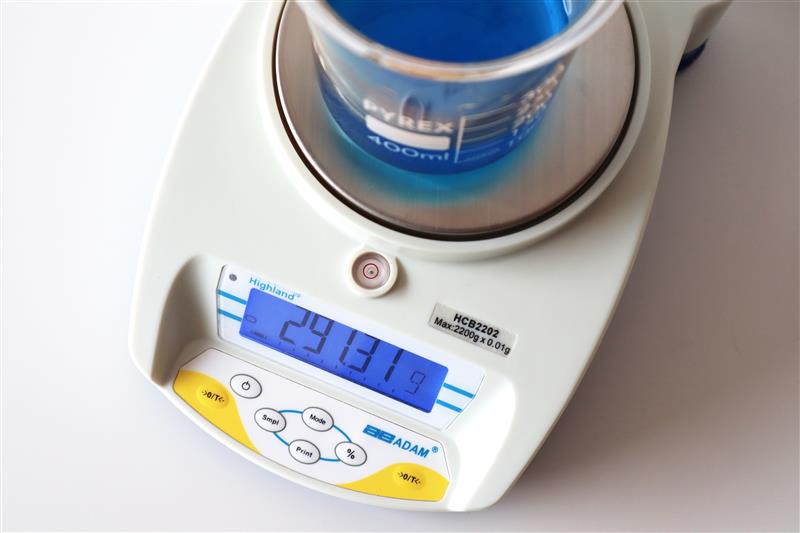
If you predict your scale may be at risk of getting wet from waves or rain showers, or exceedingly dusty or sandy from especially dry locations, a scale with an IP rating is worthwhile for the advanced protection. Our and are IP68 rated for full protection against dust and liquid ingress. To learn more about IP-rated scales, check out our blog on the topic.
Precision Needs
When you’re travelling in the field, what you’ve brought with you is what you get! You need to guarantee your scale or balance is precise enough for your weighing needs while being able to handle some heft if necessary. This involves finding the perfect equilibrium between readability and capacity for your anticipated environment.
Adam compact scales can weigh up to 6000g with readabilities as fine as 0.001g. For those who need to weigh larger samples but still need high precision, bench scales like and Gladiator GGB offer fine readability models with higher capacities. For example, the CKT 8UH offers a capacity of 8kg with a 0.05g readability, while the Gladiator GGB 75H can weigh up to 75kg with a readability of 1g.
If you can’t find one scale or balance that has both a high enough capacity and a fine enough readability for all your potential samples, you may have to invest in more than one! For example, a high-capacity bench scale may be most suitable for weighing samples of ore, but not precise enough to weigh lighter soil samples.
Applications
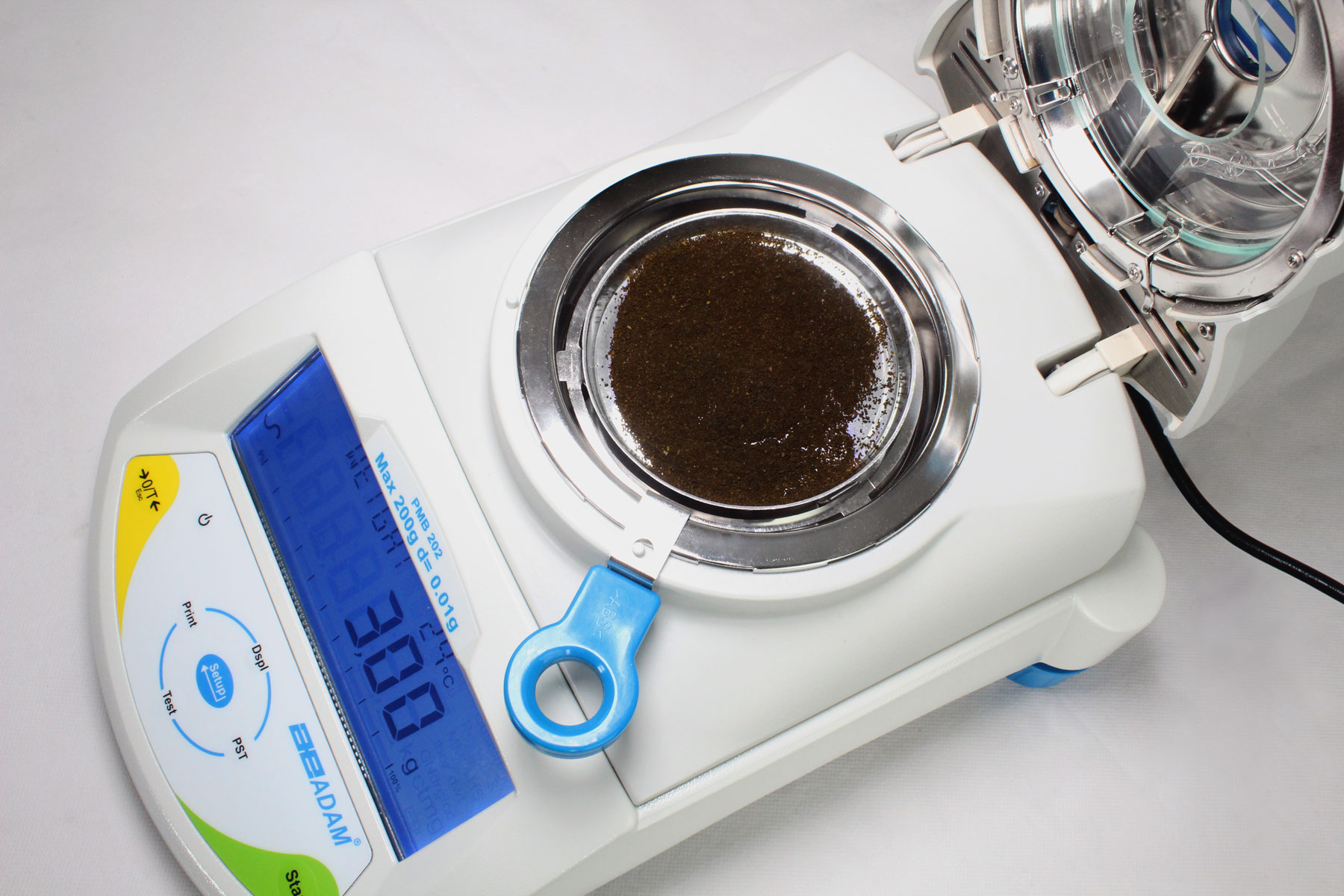
Certain scales and balances specialise in different types of weighing. For example, Adam’s is excellent for determining the moisture content of algae, soil, seeds or biological matter like leaves. It both weighs and heats up the sample until dry, automatically calculating the moisture percentage at the end. However, it’s not intended to be used for regular weighing without the drying factor involved.
Other examples include dynamic weighing, featured on scales like the Gladiator series or our . Dynamic weighing is ideal for weighing moving subjects, like fish, animals and liquids. It takes the average weight over a certain time so that the subject never truly needs to stay still for an accurate weight.
Essential Equipment for the Setup
You’re about to set off onto your journey – what should you have with you?
Protective Gear
Even when your scale or balance is as durable as the Core and Highland are, you still want to mitigate the risk of damage. Protective gear like carrying cases and in-use covers add an extra level of peace of mind against the environment.
Calibration Weights
You should be calibrating your scales and balances often, but especially when you’re using them in the field. Balances with finer readabilities can be more easily impacted by jostles, changes in altitude, vibrations, temperature changes, unsteady or unlevel surfaces and heavy wind. To ensure that you’re getting the most accurate results, have a set of calibration weights handy. There’s no such thing as calibrating too often!
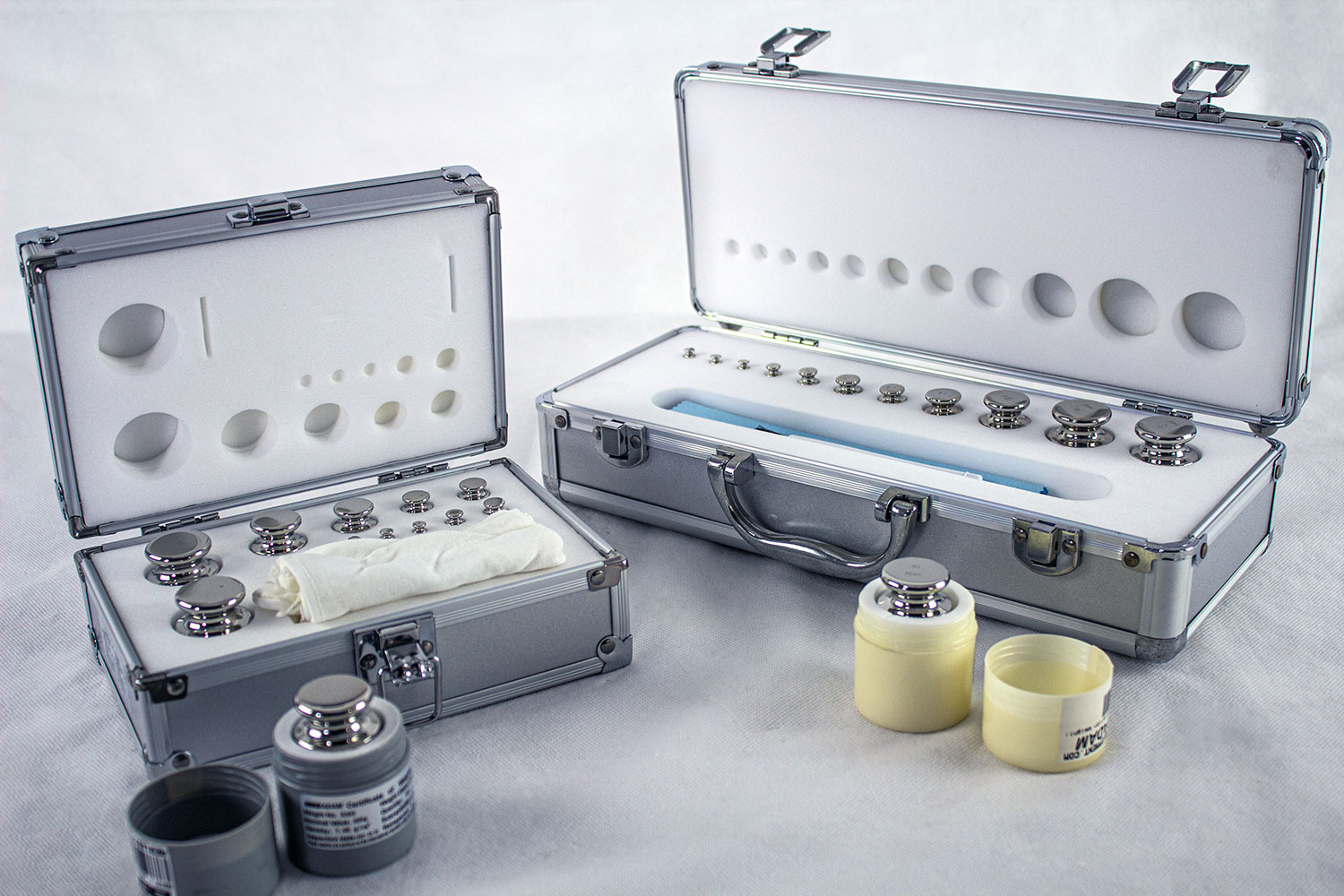
Both Adam Equipment’s individual and weight sets come with protective cases to make transportation simple.
Printers and Software for Data Collection
Printers like Adam’s or and data collection software like are crucial when out in the field, where handwritten notes are at risk of getting damaged or even lost.
Printers provide detailed and high-quality hard copies of weight data for your own records, while AdamDU lets you upload the results and analyse them in real time.
Scoops or Containers
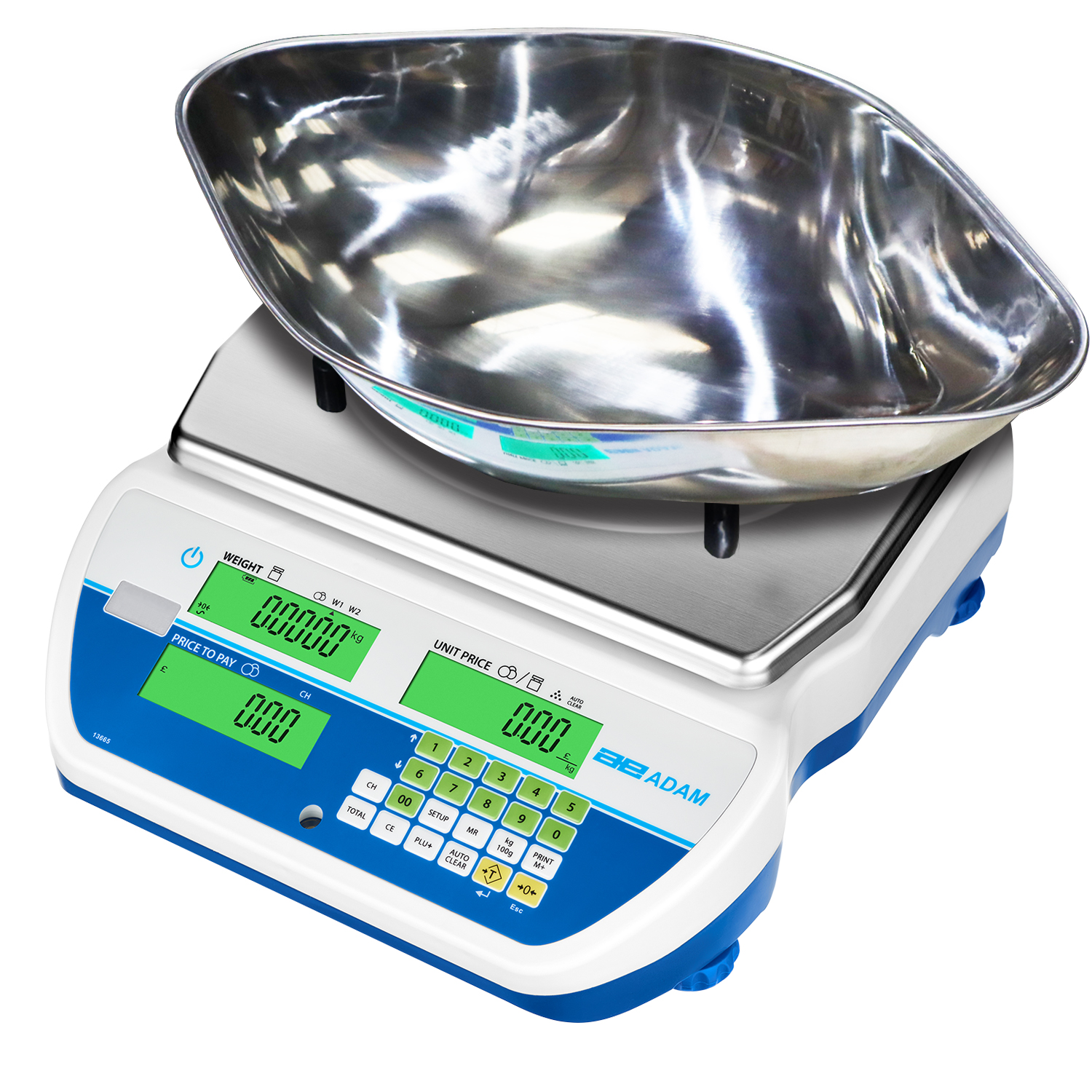
Occasionally it’s not the best idea to place the item you’re weighing directly on the pan – whether it’s because it may jump right off (in the case of a rare pond frog) or it’s hard to re-collect in its entirety (like gelatinous frogspawn). Using accessories like scoops or containers will help alleviate these issues by ensuring the sample is weighed safely – just be sure to tare them out first!
Tips for Setting Up in the Field
(1) Find or create a sturdy, level surface for your scale or balance
(a) Each Adam Equipment scale and balance offers a built-in bubble leveller, with many also offering adjustable feet
(2) Ensure your balance is protected against the environment
(a) Keep it under a tent or canopy to protect against direct sunlight, rain or snow
(3) Allow your scale to acclimate to the environment before use
(4) Calibrate your scale often using calibration weights
(5) Ensure your scale is fully charged and keep extra batteries or power banks on hand for long excursions without power
(6) Keep the scale clean
(a) IP rated scales can be cleaned easily, making them the best choice when bacteria, rust, debris or cross contamination are a concern
Have questions about setting up a mobile weighing station? Contact the Adam team, we'll be happy to help.



